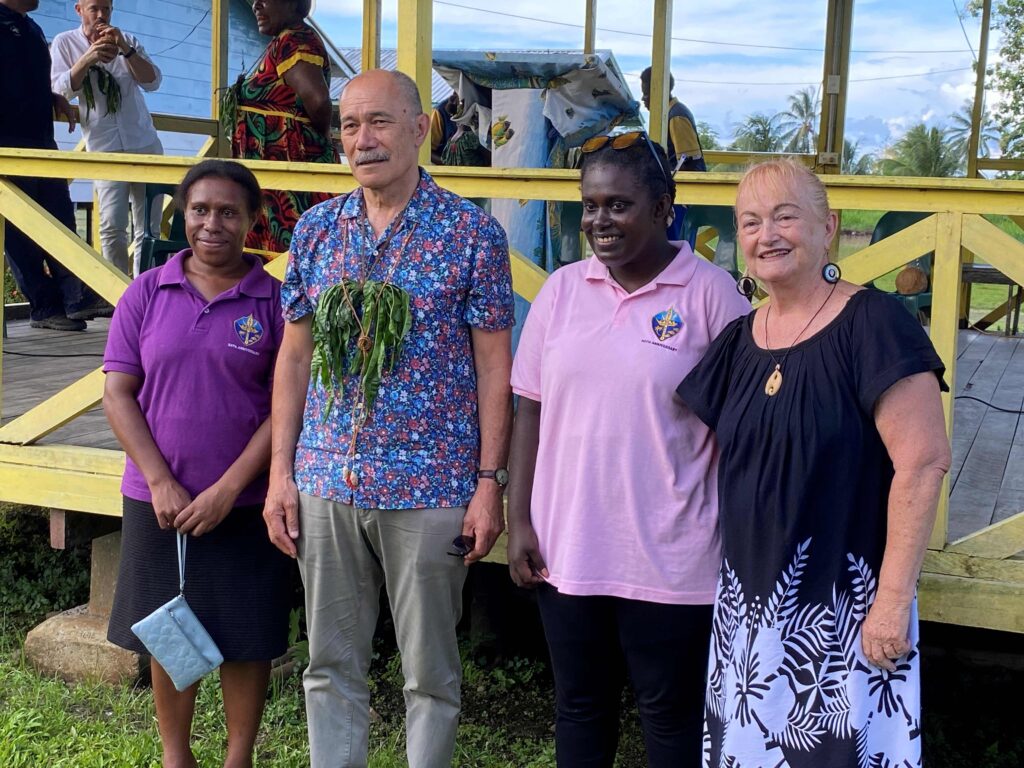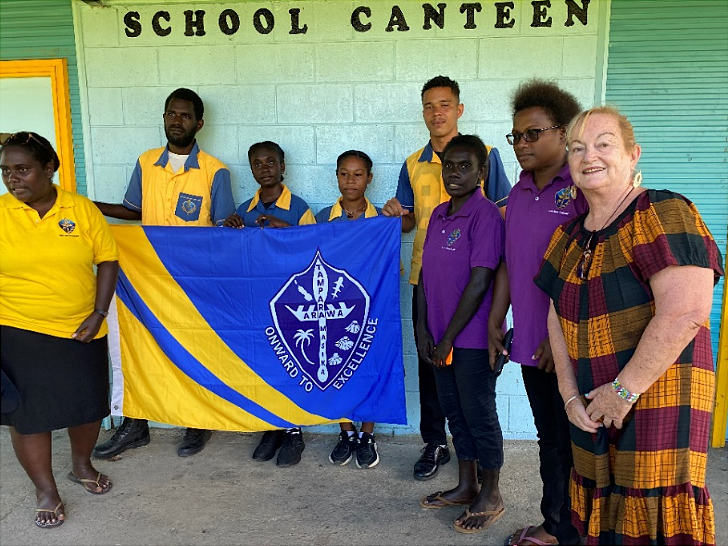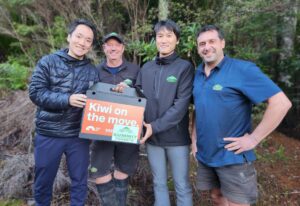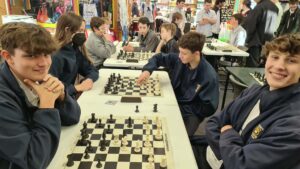In June, 2024, Thames psychologist Beryl Riley headed to the Autonomous Region of Bougainville with Volunteer Service Abroad (VSA).
She was there on a year-long assignment at Arawa Secondary School, mentoring teachers and helping them develop a counselling and pastoral care programme for their 800 students.
It was a rewarding experience, she told The Profile.
“People have a sort of image of Bougainville as being very scary – well, that’s not what I experienced. Bougainville people are essentially pretty peace-loving.”
Bougainville is on the cusp of independence, with the region working towards an official separation from Papua New Guinea in September, 2027. The move has been decades in the making, and the region’s people still suffer greatly from the effects of the 10year Bougainville Civil War in the 80s and 90s, in which an estimated 20,000 Bougainvilleans died.
“Most families have got people who are traumatised, either from being combatants in the Bougainville Resistance Army or they were attacked by Papua New Guinea troops,” Beryl said.
“In terms of being a bit reactive, they had pretty low thresholds for getting upset and angry, probably PTSD sort of symptoms.”
This was Beryl’s second volunteer trip to the region – her first, in 2011, was as an aide to Bougainville’s only mental health nurse.
This time, however, she was tasked with improving the mental welfare of teenagers, something she said the region sorely needed.
“There’s no mental health education or anything like that,” she said.

Beryl worked with the senior staff at the school to set up policies and guidelines for a pastoral care system, also teaching them basic counselling skills and patterns of behaviour to watch out for.
There were some misconceptions to overcome, she said.
“I’d only been there a couple of weeks, and I had one of the young female teachers come and say to me, ‘Miss Riley, I want you to come and sort out 9C or whatever it was, they are a bunch of humbugs’,” Beryl said.
“And I realised her view of being a school counsellor was that I was like a disciplinarian. So I had to run [sessions] with the staff on when would you use a discipline pathway in the school and when would you use a counselling pathway, and the sort of issues you would look at.”
The staff were very open to learning, Beryl said, with some opening up about their own trauma. Many even opted to attend extra training sessions on their own time.
“The women came, which is to be expected because women want to do that care giving stuff. But I was really pleased that five of the men came [too].”
During Beryl’s time at the school, she was also able to share some Kiwi culture.
“I had a little kapa haka group. And we actually got to welcome and sing for the New Zealand High Commissioner when he came to Arawa to open the chocolate festival,” Beryl said.
“And [former Governor-General] Sir Jerry Mataparae came to the school… our principal was almost crying because he said, to Bougainvilleans, New Zealanders are just really up there because we’ve supported them all the way through, we’ve helped them with the peace process.”
Beryl’s time in Bougainville is now at an end, but she encouraged anyone interested in travelling to consider volunteering.
“They give you accommodation, you get really good health insurance, you get all your flights and a living allowance,” she said.
“It is an adventure. You do get to do what you might pay a fortune to go and do.”





